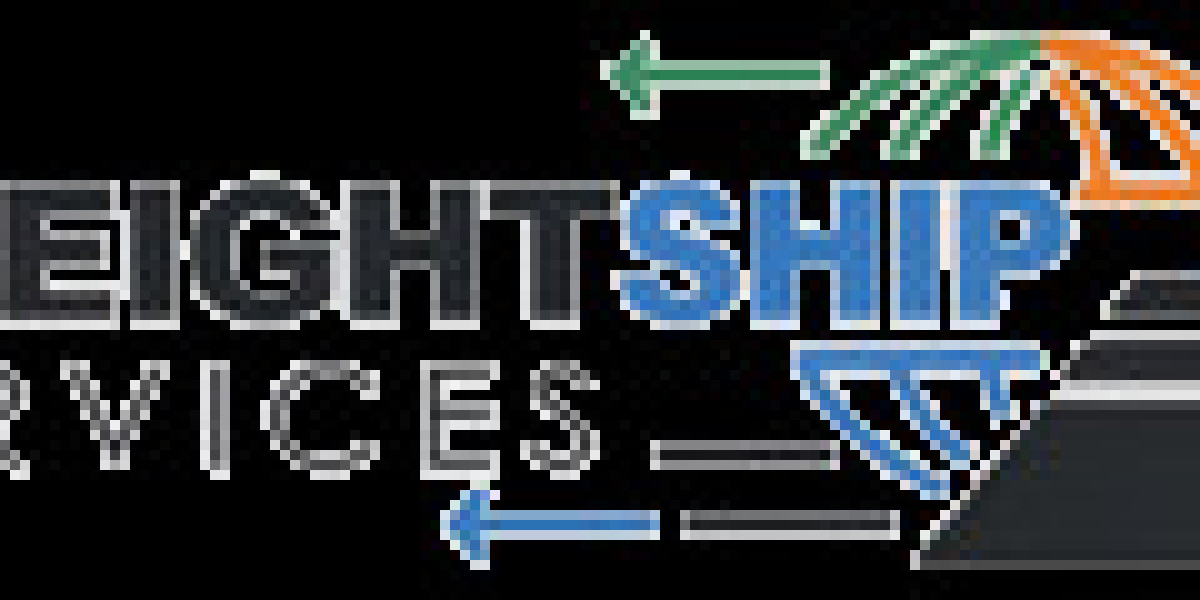In today's globalized economy, the movement of goods across borders has become a vital part of business operations. Pakistan, as a growing trade hub, witnesses extensive import and export activities. One critical component that ensures the smooth flow of these goods is custom clearance Pakistan. This process involves a series of regulatory procedures mandated by the Pakistan Customs authorities to monitor and control goods entering or leaving the country.
Whether you are an individual sending personal effects or a large business importing commercial products, understanding the custom clearance process is essential. This article provides a detailed insight into the custom clearance system in Pakistan, why it matters, and how to navigate it efficiently.
What is Custom Clearance in Pakistan?
Custom clearance is the official procedure by which imported or exported goods are declared to the customs authorities. It involves submitting documentation, paying applicable duties and taxes, and adhering to regulations that protect the country’s economy and security. Pakistan Customs is responsible for ensuring that all goods comply with import/export laws, preventing smuggling, and safeguarding consumers.
When goods arrive at Pakistani ports or airports, they must go through customs inspection. The customs officers verify the contents, check the paperwork, and assess the duties or taxes due. Once everything is in order, the shipment is cleared and released for delivery or further processing.
The Process of Custom Clearance Pakistan
The custom clearance Pakistan process typically involves several steps:
Documentation Preparation: Essential documents include the bill of lading, commercial invoice, packing list, import/export license, and certificate of origin. Accurate paperwork is crucial to avoid delays.
Filing the Customs Declaration: The importer or their clearing agent files a declaration with Pakistan Customs electronically through the WeBOC (Web Based One Customs) system, providing details about the shipment.
Assessment and Verification: Customs officials assess the declared value and calculate duties and taxes according to Pakistan’s tariff schedule. Verification may include physical inspection of the goods.
Payment of Duties and Taxes: Applicable customs duties, sales tax, and other fees must be paid before the goods are released.
Release and Delivery: After clearance, goods are allowed to leave customs custody and are handed over to the importer or their agent.
Why Is Custom Clearance Pakistan Important?
Proper custom clearance is vital for several reasons:
Legal Compliance: It ensures that imports and exports comply with Pakistan’s laws, avoiding legal penalties.
Revenue Collection: Duties and taxes collected fund government projects and public services.
Protection of Local Industry: Customs regulations protect domestic producers from unfair competition by controlling the quality and quantity of imported goods.
Security: Screening goods prevents illegal or hazardous items from entering the country.
Trade Facilitation: Efficient clearance speeds up business operations and reduces storage costs.
Challenges in Custom Clearance Pakistan
Despite technological improvements like the WeBOC system, importers often face challenges, including:
Complex Documentation: Preparing the right paperwork can be overwhelming for first-time importers.
Delays: Inefficient inspections or disputes over valuation can hold shipments up.
Regulatory Changes: Frequent updates in customs laws require businesses to stay informed constantly.
High Duties and Taxes: Depending on the product category, duties can significantly increase the cost of goods.
Because of these challenges, hiring professional customs clearance agents or brokers in Pakistan has become a must. Their expertise ensures that all procedures are handled swiftly and accurately, minimizing risks and expenses.
Tips for Smooth Custom Clearance in Pakistan
To avoid complications and ensure smooth custom clearance, consider the following tips:
Hire Experienced Agents: Professional agents know the rules and can navigate the process faster.
Maintain Accurate Documentation: Double-check all paperwork before submission.
Understand Applicable Duties: Research the tariff classification for your goods in advance.
Stay Updated: Monitor changes in customs regulations and trade policies.
Communicate Clearly: Work closely with your shipping company, customs broker, and Pakistani authorities.
The Role of Technology in Custom Clearance Pakistan
Pakistan Customs has modernized its processes with the introduction of the WeBOC system, an electronic platform that allows importers and exporters to submit declarations, track shipments, and make payments online. This has reduced paperwork, increased transparency, and accelerated clearance times. However, full benefits are realized only when users are familiar with the system and follow proper protocols.
Custom Clearance Pakistan: A Must for Every Importer and Exporter
For businesses operating in Pakistan or trading with Pakistani companies, mastering the custom clearance process is a must. Efficient clearance can make the difference between timely deliveries and costly delays. Whether importing raw materials, finished goods, or exporting local products abroad, complying with customs regulations protects your business interests and contributes to smoother trade operations.
FAQs About Custom Clearance Pakistan
Q1: How long does custom clearance take in Pakistan?
A: The time varies depending on the type of goods, accuracy of documentation, and customs workload. Typically, clearance takes between 2 to 7 days but can be longer if inspections or disputes occur.
Q2: Can individuals clear customs without an agent?
A: Yes, individuals can clear customs themselves, but due to complex regulations, many prefer to hire clearing agents to avoid errors and delays.
Q3: What documents are mandatory for custom clearance?
A: Mandatory documents include the commercial invoice, bill of lading or airway bill, packing list, import license (if required), and certificate of origin.
Conclusion
Navigating the custom clearance Pakistan process requires understanding, preparation, and often professional support. With the right knowledge and resources, importers and exporters can ensure their goods move smoothly across borders, contributing to successful international trade. Remember, proper custom clearance is not just a legal requirement — it’s a crucial step in building a reliable and efficient supply chain.








